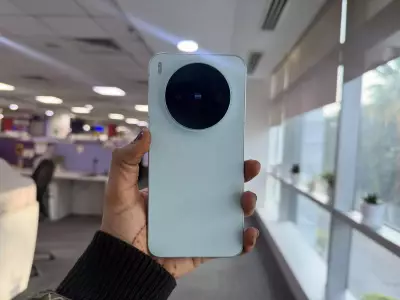
In a significant move to address growing privacy concerns among gamers, Microsoft has officially clarified the operational mechanics of its much-discussed Gaming Copilot feature. The tech giant has confirmed that the AI-powered gaming assistant is not constantly monitoring user activity but rather activates only during specific gaming sessions.
What Exactly is Gaming Copilot?
Gaming Copilot represents Microsoft's ambitious foray into AI-enhanced gaming experiences. Designed as an intelligent assistant, it aims to revolutionize how players interact with games by providing real-time tips, strategies, and contextual information during gameplay.
The Privacy Assurance Gamers Needed
Microsoft's clarification comes at a crucial time when privacy concerns around AI technologies are at an all-time high. The company emphasized that Gaming Copilot operates on an activation-based model, meaning:
- Selective Activation: The feature only becomes active when users deliberately engage with it during gaming sessions
- No Background Monitoring: Unlike some AI assistants, it doesn't run continuously in the background
- User Control: Gamers maintain complete control over when and how the feature is used
Why This Matters for Indian Gamers
For India's rapidly growing gaming community, this clarification is particularly significant. As more Indian players embrace AI-enhanced gaming features, understanding privacy parameters becomes essential. Microsoft's transparent approach sets an important precedent for how gaming companies should communicate with their user base about AI implementation.
The Future of AI in Gaming
This development highlights the delicate balance gaming companies must strike between innovative AI features and user privacy. Microsoft's proactive communication strategy demonstrates their commitment to responsible AI deployment in the gaming sector.
As the gaming industry continues to evolve with AI integration, clear communication about privacy features will likely become a standard expectation among gamers worldwide, particularly in privacy-conscious markets like India.





